TRENDING TOPIC

How Extreme Rainfall Is Amplifying Health Risks Around the World
For many communities, these events are not only more common but also
increasingly dangerous, triggering health risks that affect millions of people.

Why Are Common Neurological Medications Getting More Expensive?
The price of common neurological medications is steadily rising.

Is Your Food Safe? The European Botulism Outbreak Sparks Worries
Food safety is always a concern, but recently, a new outbreak in Europe has
raised alarms. The European botulism outbreak has left consumers questioning: is my food
safe to eat?
EDITOR'S CHOICE
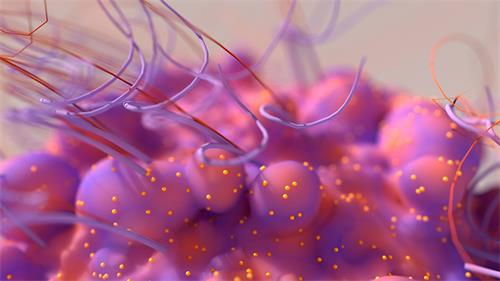
Cancer Treatment
The Cells That Could Revolutionize Cancer Treatment
Cancer treatment has seen remarkable advancements in recent years, with new therapies that go
beyond traditional methods of surgery, chemotherapy, and radiation.
Bone Regeneration
Bone Regeneration: Exciting New Approaches
The human skeletal system is a marvel of engineering—strong, flexible,
and constantly renewing itself.

Proteins for COVID-19 Therapy
How Stanford Medicine Experts Helped Design Proteins for COVID-19
Therapy
Since the outbreak of COVID-19, researchers around the world have worked
tirelessly to develop therapies and vaccines.
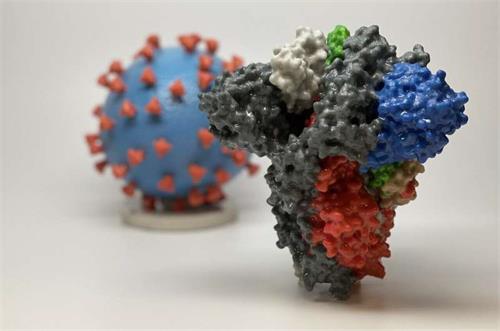
Mental Health Care
AI's Role in Transforming Mental Health Care
As rates of mental health disorders such as depression, anxiety, and
stress continue to climb globally, demand for innovative, accessible, and scalable
solutions is more pressing than ever.
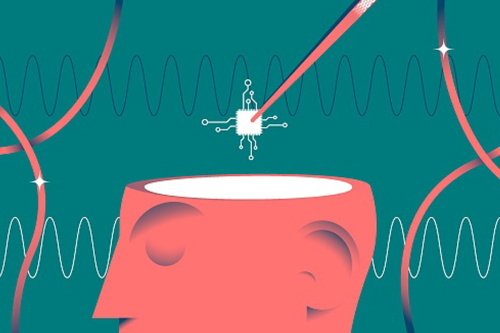
Children with PANS
Understanding the Inflammation Connection in Children with PANS
Often, PANS presents as a set of sudden, seemingly out-of-nowhere
behavioral changes—obsessive-compulsive symptoms, extreme anxiety, irritability, or even
regression in skills—that can leave parents, teachers, and doctors baffled.

Cardiac Fibrosis
Old Drug, New Discovery: Malaria Remedy’s Potential for Cardiac
Fibrosis
Cardiac fibrosis—marked by stiffened heart tissue due to excess collagen
buildup—is a major risk factor in heart disease, commonly resulting from conditions like
myocardial infarction (heart attack) and hypertension.
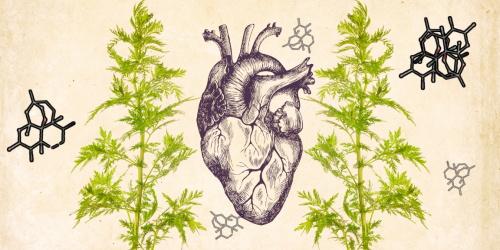
Copper Imbalance
How Copper Imbalance Might Promote Malignant Growth in Kidney
Cancer
Copper is an essential trace element that plays a vital role in various
physiological processes in the human body.

Gut Bacteria & Rheumatoid Arthritis
How Changes in Gut Bacteria Could Predict Rheumatoid Arthritis
Rheumatoid arthritis (RA) is a chronic inflammatory disorder that affects
millions worldwide, attacking the joints and often causing severe pain and
disability.

Education
The Brain’s Ability to Change: Does Education Play a Key Role?
The human brain possesses a unique and extraordinary capacity to modify
and reorganize itself, a characteristic known as neuroplasticity.
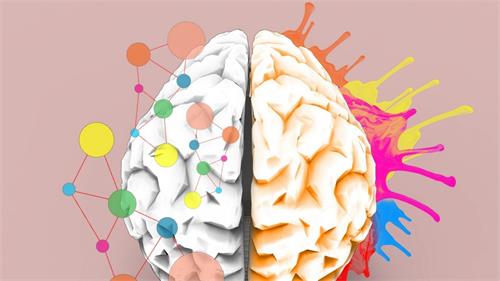
Toxic Metals in Period Product
Should You Be Concerned About Toxic Metals in Your Period
Products?
When it comes to period products—pads, tampons, menstrual cups, or period
underwear—many consumers are primarily focused on factors like comfort, absorbency, and
sustainability.

Daytime Sleepiness
How Daytime Sleepiness May Relate to Cognitive Decline and
Dementia
Research suggests that excessive daytime sleepiness (EDS) may provide
insight into the brain's long-term health, possibly predicting cognitive issues and
neurodegenerative diseases later in life.

MUST READ

Memories
Memories Are Not Only in the Brain, Human Cell Study Finds
The idea that memories reside solely in the brain has long dominated our
understanding of human cognition.

Breast Cancer & HPV
Personalized Breast Cancer Treatment; Insights Into HPV in Men;
Exercise and Cancer
Cancer research has made extraordinary strides over the last few decades,
pushing the boundaries of diagnosis, treatment, and prevention.

HCC Risk
Algorithm May Be Able to Predict HCC Risk in Advanced Chronic Liver
Disease
Liver cancer, specifically hepatocellular carcinoma (HCC), is one of the
leading causes of cancer-related deaths worldwide.

Upadacitinib
Upadacitinib Shows Long-Term Benefits in Teens With Atopic
Dermatitis
Atopic dermatitis (AD), also referred to as eczema, is a long-term
inflammatory skin disorder that impacts a large number of individuals globally, with a
notable prevalence among teenagers.

Antibiotic Shortages
Why We Have Antibiotic Shortages and Price Hikes?
Antibiotic shortages and price hikes have become an increasingly
concerning issue in healthcare systems around the world.

Pediatric Febrile UTI
Pediatric Febrile UTI May Hurt Kidney Function
Urinary tract infections (UTIs) are common among children, especially in
young infants and toddlers.

PCP Became PJP
How PCP Became PJP and Why It Matters
In the world of medicine, terminology often evolves as new discoveries
are made, and our understanding of diseases and conditions deepens.

AI Predict Disease
How Artificial Intelligence Can Predict Disease Progression
Over the last decade, AI has increasingly been used to predict disease
progression, which could drastically change the way medical professionals approach
diagnosis, treatment, and patient care.
DON’T MISS
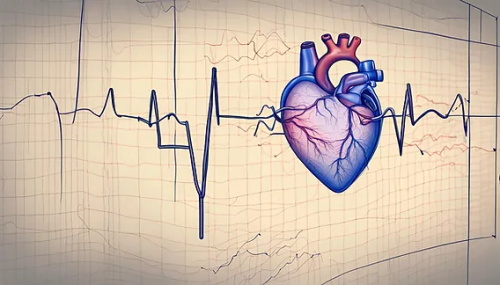
Diabetic Patients
New Hope for Diabetic Patients: The Role of SGLT2 Inhibitors in Heart
Disease
Diabetes is a chronic condition that affects millions worldwide, and it is often associated
with a range of complications, one of the most concerning being heart disease.

Lung Cancer
Lung Cancer Detection Through Exhaled Breath: A Breakthrough –
Innovative methods in early lung cancer detection
Lung cancer is one of the most prevalent and deadly forms of cancer worldwide, claiming the
lives of millions each year.

Gut Health & Mental Health
Understanding the Role of Gut Health in Mental Health
For years, we’ve heard the saying, “Trust your gut,” a phrase that alludes to the importance
of intuition. But what if there’s more truth to this expression than we initially
thought?

Health Inequities
Why Doctors Need More Training in Addressing Health Inequities
Health inequities refer to unfair, avoidable differences in health outcomes across different
populations, often influenced by factors like race, socioeconomic status, gender, geographic
location, and more.

New Cancer Treatment
Could This Ancient Drug Be the Key to a New Cancer Treatment?
Scientists have long searched for groundbreaking treatments to tackle cancer, one of
humanity's most challenging health issues.
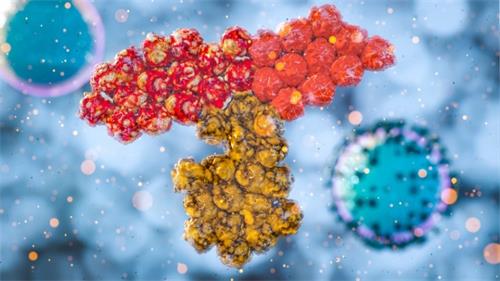
Monoclonal Antibodies
The Expanding Role of Monoclonal Antibodies in Medical Treatments
In the ever-evolving landscape of medical innovation, monoclonal antibodies (mAbs) stand as a
breakthrough therapeutic tool, transforming the way we treat a diverse range of
diseases.

Psychedelic Medicine & Depression
A New Approach to Treating Depression: The Promise of Psychedelic
Medicine
Depression ranks among the most widespread mental health conditions globally, impacting the
lives of millions each year.

Medicine & DNA
Could the Future of Medicine Be Based on Your DNA?
Imagine a world where, before taking any medicine, you undergo a simple test to ensure that
it will work perfectly for your unique body and DNA.
